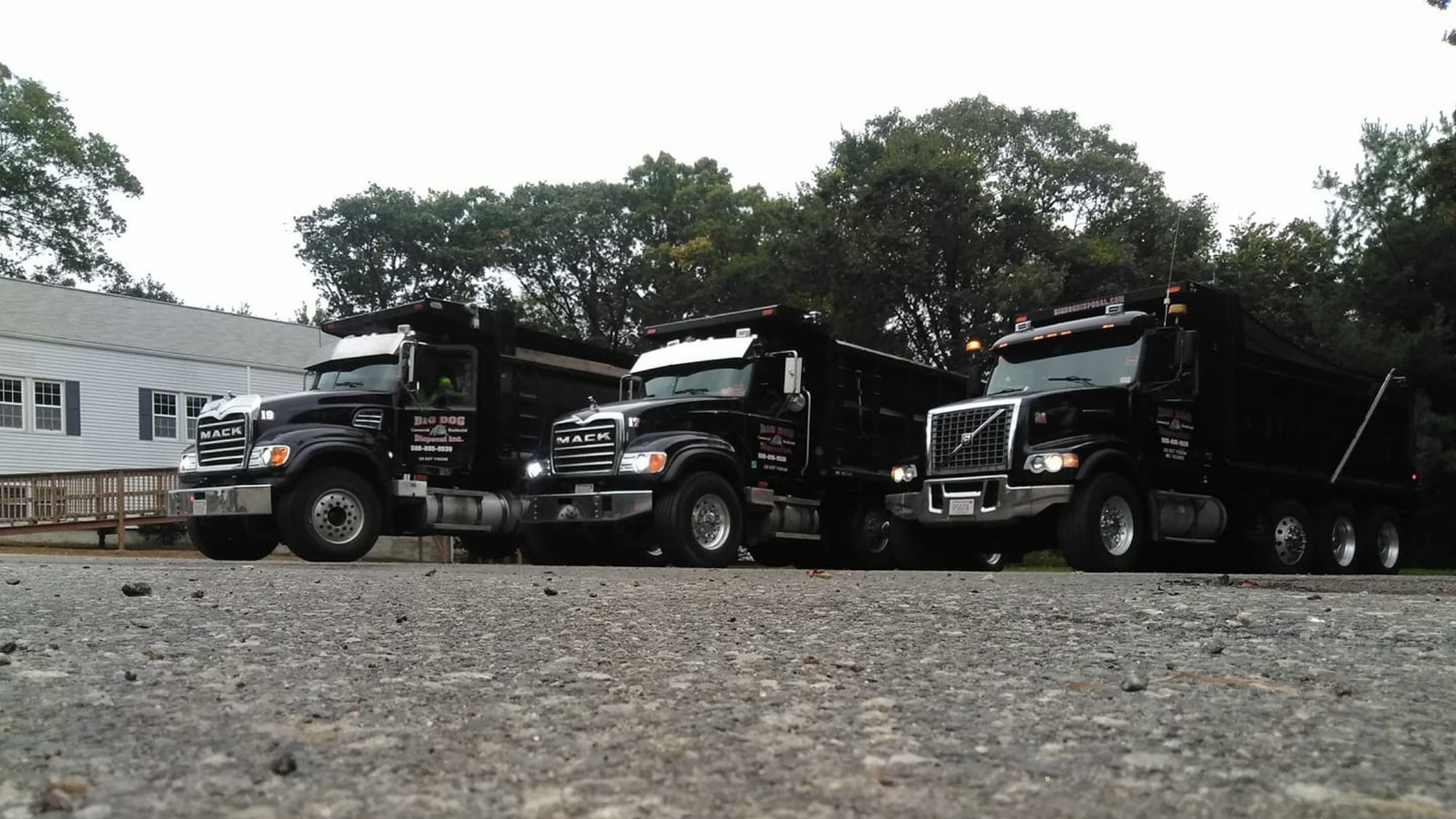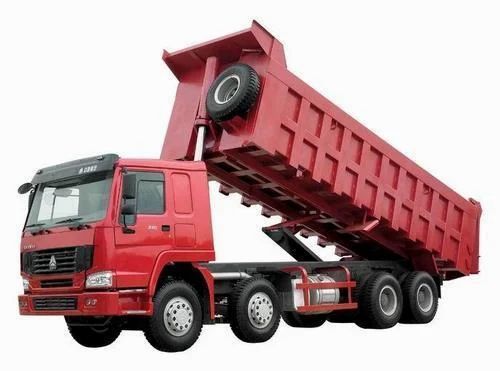Find Dump Truck Subcontractor Jobs Near Me | Hiring Now
Find Dump Truck Subcontractor Jobs Near Me | Hiring Now
If you’re searching for “dump truck subcontractor jobs near me,” you’ve come to the right place. As an independent owner-operator, finding consistent and well-paying subcontract work is the key to a thriving business. The current market is active, with numerous construction projects and logistics companies actively seeking reliable dump truck drivers. This guide will walk you through the most effective strategies to locate these opportunities, evaluate their quality, and secure the best contracts for your operation. We’ll cut through the noise and get straight to the actionable steps you can take today to get hired.
Where to Look for Dump Truck Subcontractor Jobs
Knowing where to search is half the battle. The days of solely relying on local bulletin boards are long gone. Today’s most successful owner-operators use a multi-pronged approach to find the best dump truck subcontractor jobs.

- Online Freight Boards and Job Platforms: Websites like TruckingOffice and dedicated freight boards are hotspots for subcontractor opportunities. These platforms allow you to filter searches by location, load type, and pay rate, making it easy to find “dump truck subcontractor jobs near me.” Create a detailed profile highlighting your experience and equipment.
- Direct Contact with Construction Firms: General contractors and large construction companies are the primary source of work. Identify major projects in your area—new subdivisions, road work, commercial buildings—and reach out to the site manager or company headquarters. A professional in-person visit with your business card can set you apart.
- Networking with Material Suppliers: Gravel pits, quarries, and asphalt plants know who is buying materials and often know which contractors need hauling services. Building a relationship with these suppliers can lead to direct referrals for local dump truck driving positions.
Evaluating a Dump Truck Subcontracting Opportunity
Not all “hiring now” posts are created equal. Before you commit, it’s crucial to assess the job’s profitability and terms. A low rate per load might seem acceptable until you factor in waiting time and deadhead miles. Here’s a quick comparison to help you spot a good deal versus a bad one.
| Factor | Good Opportunity | Red Flag |
|---|---|---|
| Pay Rate | Clear rate per ton/mile, with bonuses for long hauls. | Vague “competitive pay,” no written agreement. |
| Payment Terms | Net-15 or Net-30 payment terms, consistently on time. | Requests for you to cover upfront costs; late payments. |
| Job Consistency | Multi-week or multi-month project outlined. | One-off load with no promise of future work. |
| Communication | Professional dispatcher, clear daily instructions. | Unresponsive management, constantly changing plans. |
Essential Tools for the Modern Subcontractor
To efficiently manage your subcontracting business and find the best dump truck jobs, leveraging the right technology is non-negotiable. Mike Ryan, a commercial vehicle consultant with over 20 years of experience, emphasizes this: “The most successful owner-operators treat their truck like a mobile office. They use truck-specific GPS to avoid low bridges, mileage tracking software for accurate IRS logs, and digital factoring services to ensure steady cash flow. This professional approach is what prime contractors look for.”
- Trucking Management Software: Apps like TruckLogics or KeepTruckin help you track expenses, mileage, and invoices in one place, simplifying tax time and business analysis.
- Industry-Specific GPS: A standard consumer GPS won’t cut it. Use a device or app like Garmin dezl or Hammer Lane that is designed for large vehicles to plan safe and efficient routes.
- Digital Load Boards: As mentioned, these are your lifeline to new contracts. Set up alerts for your preferred routes and load types to get notifications for dump truck owner operator jobs as soon as they’re posted.
Maximizing Your Earnings and Business Growth
Finding work is one thing; building a profitable, sustainable business is another. The key is to think beyond the next load. According to a U.S. Bureau of Labor Statistics report, the demand for heavy and tractor-trailer truck drivers is projected to grow, but the real earnings potential lies in specialization and efficiency.
Consider specializing in a specific type of haul, such as asphalt for road crews or demolition debris. This can make you the go-to expert for that niche. Furthermore, regularly reviewing your operating costs—fuel, maintenance, insurance—can reveal surprising areas for savings. Joining a national association, like the American Trucking Associations, can also provide access to group discounts on fuel, tires, and health insurance, directly boosting your bottom line as you search for more dump truck driving positions.
Frequently Asked Questions (FAQ)
Q: What is the average pay for a dump truck subcontractor?
A: Pay varies widely by region, material, and project. It’s typically not an hourly wage but a rate per load, ton, or mile. A well-managed business can be very profitable, but income depends directly on your ability to secure consistent work and control costs.
Q: What insurance do I need as a subcontractor?

A> At a minimum, you need primary liability insurance and cargo coverage. Most contractors you subcontract for will also require you to have a specific level of coverage, often $1 million in liability. It’s critical to discuss insurance requirements before signing any contract.
Q: How can I make my proposal stand out to contractors?
A: Beyond a competitive rate, professionalism wins contracts. Present a clean, well-maintained truck. Provide a professional-looking certificate of insurance. Highlight your reliability, safety record, and knowledge of local routes and regulations. Being the driver who shows up on time, every time, is priceless.
Sources and Further Reading
- U.S. Bureau of Labor Statistics. “Heavy and Tractor-Trailer Truck Drivers.” https://www.bls.gov/ooh/transportation-and-material-moving/heavy-and-tractor-trailer-truck-drivers.htm
- American Trucking Associations. “Industry Data & Stats.” https://www.trucking.org/
- Federal Motor Carrier Safety Administration. “Getting Started as a New Driver.” https://www.fmcsa.dot.gov/









